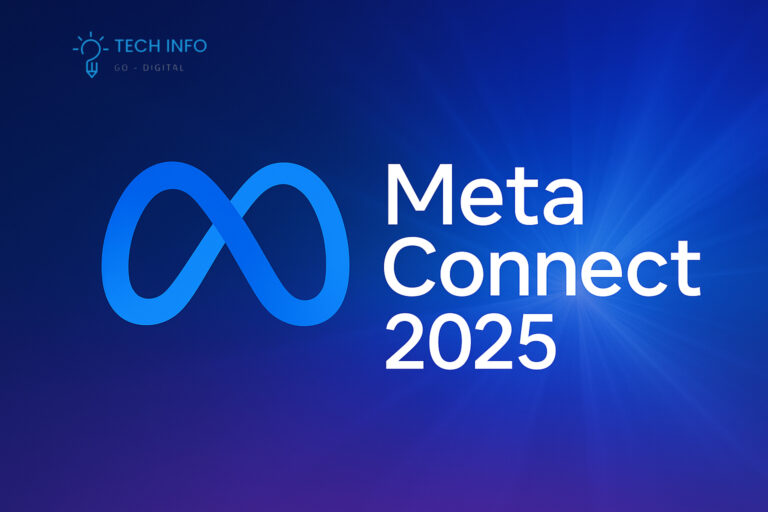Table of Contents
ToggleA Landmark Decision: Australia Holds Its Ground
On August 12, 2025, Australia’s Federal Court delivered a partial yet groundbreaking ruling in favor of Epic Games—the developer of Fortnite—in its long-running legal battle with Apple and Google. The court found that the companies misused their market power, engaging in practices that substantially lessened competition in their app stores Specifically, Justice Jonathan Beach determined that both tech giants acted against Australia’s Competition and Consumer Act, particularly Section 46, which prohibits corporations with substantial market dominance from engaging in conduct that diminishes competition.
Key Findings: What the Court Said
1. Anti-Competitive Practices Confirmed
- The court concluded Apple imposed a centralized app distribution system and banned third-party app stores and sideloading—even though such restrictions substantially reduced competition.
- Google was also found guilty of anti-competitive conduct by preventing competing app stores and enforcing its own billing system—even if, technically, Android supports sideloading on paper
2. No Intent Requirement
The judgment did not hinge on intentional wrongdoing; it was sufficient that Apple and Google’s conduct had the effect of blocking competition—even if security or ecosystem integrity were cited as justifications
3. Some Claims Rejected
Not all of Epic’s accusations stuck. The court dismissed claims of unconscionable conduct—i.e., behavior so unjust it offends good conscience
4. Massive Judgments; Partial Public Access
The full written verdict spans over 2,000 pages, though only summaries were released initially.
Impact & What Lies Ahead
Epic’s Victory—and What It Means
Epic Games hailed the court’s decision as a win for developers and consumers—opening the door to more flexible app distribution and payment methods. The developer plans to bring not only Fortnite but also its Epic Games Store to iOS in Australia
Class Actions Take Center Stage
Simultaneously, two class actions—on behalf of millions of consumers and around 150,000 app developers—were joined to the Epic lawsuit. Legal representatives suggest compensation could reach hundreds of millions of dollars, though precise amounts await a future hearing
Broader Regulatory Significance
The ruling marks a key application of Section 46 and has revived calls for digital competition reforms. Advocates like the Australian Communications Consumer Action Network (ACCAN) urge the government to enact ex-ante regulation of Big Tech to prevent abuses before they occur—not just address them retroactivel
Industry Response
Apple welcomed the rejection of some claims but firmly disputed the ruling’s other parts, arguing it “faces fierce competition” and that the App Store remains the “safest place” for users
Google was relieved that requirements to host competitor app stores within Google Play were dismissed, but plans to review and possibly appeal aspects of the ruling related to billing practices.
Why This Matters
| Aspect | Significance |
|---|---|
| Developer Autonomy | Lowers barriers to alternative payment systems and app distribution—boosts profit margins and user control. |
| Regulatory Precedent | Sets a benchmark for future competition law applications—particularly given the lack of need to prove intent. |
| Consumer Savings | Reducing reliance on expensive in-platform fees may translate into cheaper apps and in-game purchases. |
| Global Echo Effects | Actions in Australia echo similar rulings in the U.S. and EU, shaping Big Tech behavior worldwide. |
Final Thoughts
Australia’s ruling is a landmark moment in the tech antitrust world—affirming that dominant platforms must not just act lawfully in intent but also avoid trading in ways that dampen competition, regardless of motivations. Stakeholders—including regulators, developers, and industry watchers—will eagerly anticipate the full judgment and tomorrow’s remedies: whether they take the form of financial compensation, structural changes, or legislative reforms.
Epic’s partial legal win in Australia may well become a catalyst for shifting the mobile app ecosystem toward openness and fairness—not only for Australians, but for the global digital landscape.





